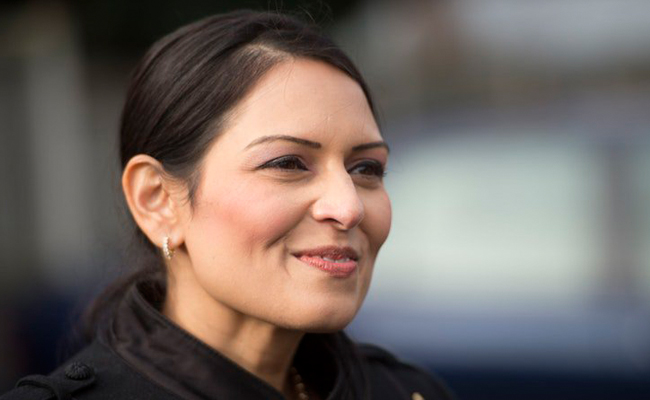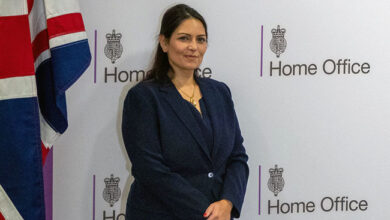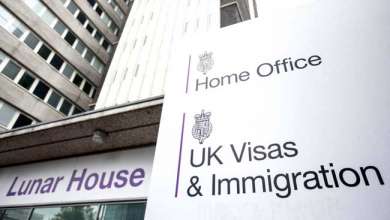UK
Domestic Abuse in the Time of Coronavirus

[Council of Europe Secretary General Marija Pejčinović Burić has expressed concern about an increase in domestic violence during the lockdowns due to the corona virus. Reports from member countries in the past few weeks already have shown that women and children are now at greater risk of abuse within their own homes.]
Anyone can be a victim of domestic abuse regardless of sex or gender identity, cultural heritage or ethnicity, sexual orientation, religion or belief, or disability. There are different kinds of abuse that can happen in different contexts. The most prevalent type of domestic abuse occurs in relationships, but the definition of domestic abuse also covers abuse between family members, such as adolescent or adult child to parent violence and abuse and abuse between siblings.
People with disabilities are more vulnerable to domestic abuse for longer periods of time, and experience more severe and frequent abuse than non-disabled people.
Perpetrators are not all the same and the factors that lead them to using violence and aggression in their intimate relationships can be as individual as the people themselves. There is an increasing understanding that domestic abuse is a child safeguarding issue, and the damaging effects that either witnessing or experiencing it can have on children are well documented.
Domestic Abuse Isn’t Caused By Coronavirus – We’ve Been Ignoring Women For Years
It starts small, with employers assuming that female employees can’t trusted to work from home, or governments advising women to avoid “nagging” during lockdown. It ends with a “domestic abuse surge” which is blamed, not on perpetrators and the choices they make, but on the unique circumstances in which they find themselves (somehow these circumstances are always “unique”). As Annie Brown writes, “domestic abuse was an epidemic long before we heard of coronavirus”. What the current pandemic has done is place it into sharper focus, since families in isolation are more at risk than ever.
Lockdown is not a cause of abuse, but a means by which it is made visible, its consequences suddenly accelerated. It’s a distinction we need to make clear – for the our ability to deal with it now relies on an understanding of its roots. Right now, we are witnessing a particular urgency in efforts to support victims of domestic abuse. Priti Patel, the home secretary, has announced that victims may leave their homes during lockdown to seek help at refuges; domestic abuse experts are calling on the UK government to provide emergency funds to house those in need; in France, the government is pledging to house victims in hotels.
Read more: Independent, https://is.gd/4OE0v6





